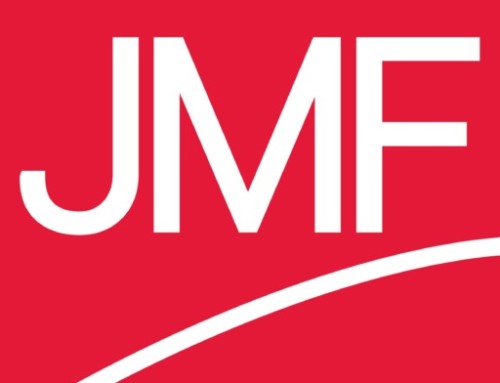The new American Rescue Plan Act (ARPA) includes relief for both individuals and businesses. Case in point: A key provision in the new law provides tax-free COBRA subsidies to ex-employees for a limited period of time. To top things off, employers are entitled to a payroll tax credit for the resulting costs.
Background: Under the federal law known as COBRA—short for the Consolidated Omnibus Budget Reconciliation Act—a company with 20 or more employees in the prior year is obligated to offer continued health insurance coverage to employees that lose their coverage due to a “qualifying event.”
For these purposes, coverage may be extended to the employee, a spouse and dependent children under age 26.
Generally, the ex-employee is required to pay the health insurance premiums. In addition, the employer can tack on an extra 2% for administrative expenses.
The list of qualifying events includes the following:
- Termination of the covered employee’s employment (other than for gross misconduct);
- Reduction in the number of hours of employment;
- The covered employee becomes entitled to Medicare;
- Divorce or legal separation of the covered employee’s spouse;
- Death of the covered employee; or
- Loss of dependent child status under the plan rules.
If the qualifying event is termination of employment or a reduction in hours of employment, the employee is entitled to 18 months of coverage. In certain other situations, the maximum is 36 months.
New law change: ARPA authorizes a temporary subsidy equal to 100% of the health insurance premiums required under COBRA. It is available to qualified beneficiaries who are eligible for COBRA coverage between April 1, 2021, and September 30, 2021, due to an involuntary termination of employment or a reduction in hours.
These individuals do not owe a dime in premiums. After the September 30 end date, qualified beneficiaries may continue coverage if they elect to pay the premiums.
In addition, qualified beneficiaries get a “second chance” at electing coverage if they previously passed up this option. However, coverage may be extended only for the remaining time of the original COBRA coverage period. Furthermore, the employer may allow the employee to enroll in a different plan as long as the plan does not have higher premiums than the one the employee had at the time of the qualifying event.
Employers must meet three key notification requirements relating to the COBRA subsidy.
- Notify by May 31, 2021, individuals who became eligible for premium assistance before April 1, 2021 (including any option to enroll in different coverage).
- Notify by May 31, 2021, individuals who are getting a second chance to elect continued health insurance.
- Notify individuals whose COBRA premium assistance period is about to expire at least 15 days before the expiration date (but not more than 45 days). The notice must inform them that they may be eligible for unsubsidized coverage through COBRA.
Notably, ARPA temporarily shifts the burden for paying health insurance premiums from ex-employees to employers. However, employers will be eligible for a refundable tax credit against payroll taxes. If the tax credit will be refunded, an employer may be able to obtain advanced payment.
Final words: The details involving the credit are still being worked out. After the IRS issues guidance, we will provide an update.







Leave A Comment
You must be logged in to post a comment.